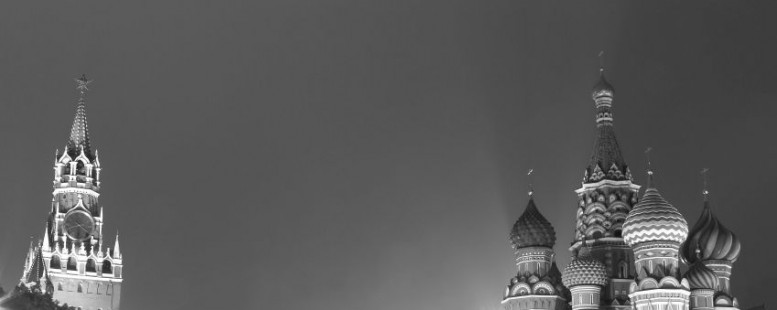Our Opinion: 2014
A new Cold War ?

It is good to see that Russian President, Vladamir Putin is on speaking terms this week with Ukranian’s new President, Petro Poroshenko. Poroshenko secured almost 60% of the vote in the recent election and has served in both pro-Russian and pro-Western governments in the past. His immediate priority must be to restore order in the east, where the threat of civil war remains real.
Poroshenko will not be able to focus all his efforts on that particular crisis, since the economy is also in tatters – having been in recession since 2012 and likely to shrink by another 5% this year. In April, it would have gone bust, had it not received a $35bn bailout by the International Monetary Fund, World Bank and EU. To make matters worse, the currency (the hryvenia) has slumped meaning that import prices are rising rapidly. Economic recovery in the near future looks impossible, and social hardship won’t make his efforts to avoid civil war any easier.
And would a new Cold War follow?
The Crimean peninsula has been annexed by Russia already and may well find an excuse to take over part or all of Eastern Ukraine. Both the US and Europe have imposed sanctions on Russia and America have increased its troop levels in the Baltic States. Relations between West and East have turned distinctly hostile and are not likely to get better any time soon.
Another Cold War with Russia need not necessarily be catastrophic for the global economy. During the last one, the Western economies all did pretty well. A renewed period of East-West tension will still fundamentally change the way that the global economy operates.
First, spending on defence will rise. It is easy to forget how much used to be spent on our armed forces. Even in the early 1980s, it accounted for 12% of spending, compared with about 7% now. Even a mild increase in tension could easily see defence spending double. That would be great for the arms industry. It would also put a lot of pressure on government budgets at a time when it cannot really be afforded.
Next, energy prices will go up. Europe imports the bulk of its gas (and a lot of its oil) from Russia. If tensions escalate, that is gradually going to go into decline. Whilst there are other sources of supply, prices will inevitably rise.
Over the medium term, tension with Russia might prompt Europe to finally start developing its vast reserves of shale gas- but it will take several years to come on stream. Until then, higher energy prices will hit already struggling economies across Europe.
Thirdly, capital flows will decline. After the end of the Cold War, money started to move fluidly around the World in vast quantities and incredible speed. Since restrictions were listed, the technology evolved. In a tense, divided world, money does not flow as easily as in a peaceful one. That will change the way asset markets work and make it harder for countries with trade and budget deficits (like the US and UK) to finance them.
Finally, strategically important states will get a lot more support. I am writing this whilst visiting Greece – a country that Russia has always had a keen eye on because of access to its Mediterranean ports. If geo-political rivalries come back, no one will allow Greece to fall to Moscow’s camp – it is too important. The same is true of Turkey, which controls access to the Black Sea, and Egypt, with the Suez Canal. All these countries have been through major economic shocks over the past few years. Any country with any strategic significance will be bailed out and supported.
The tension with Russia may blow over in a few months with only minor re-drawing of its borders with the Ukraine. If so, not much will have changed. Russia will have proved its might. And yet, if there is a long sustained period of growing hostility that will ultimately have a huge impact on the global economy. Some of it will be for the better. But the challenges facing some economies that are already struggling will be immense.
